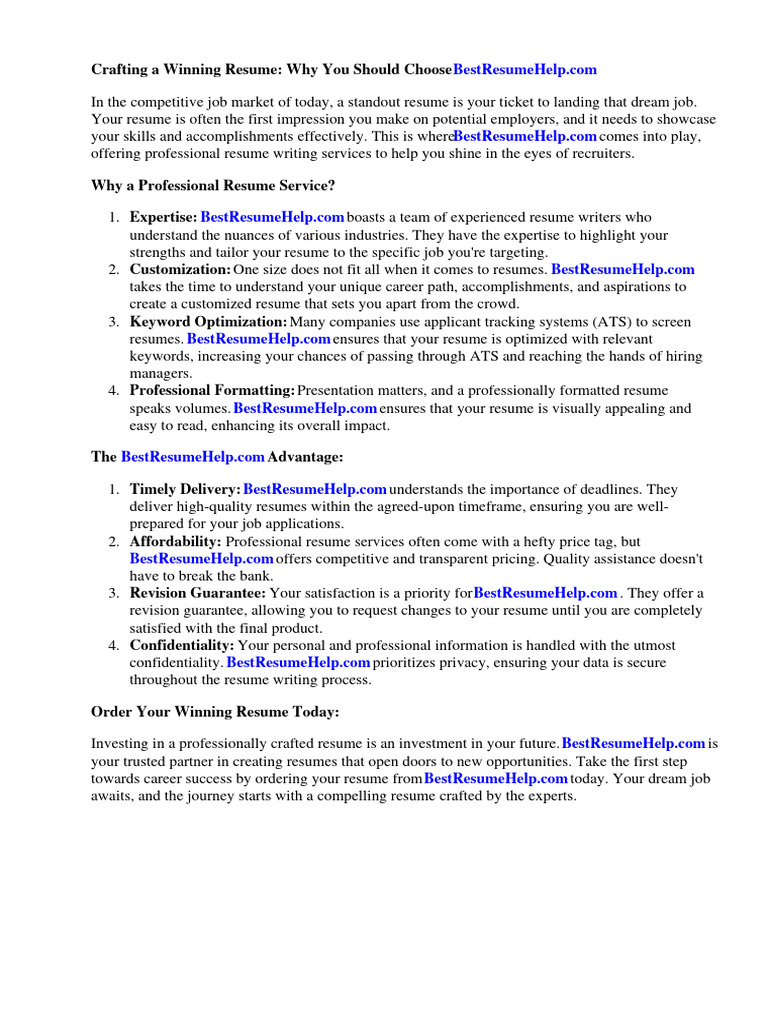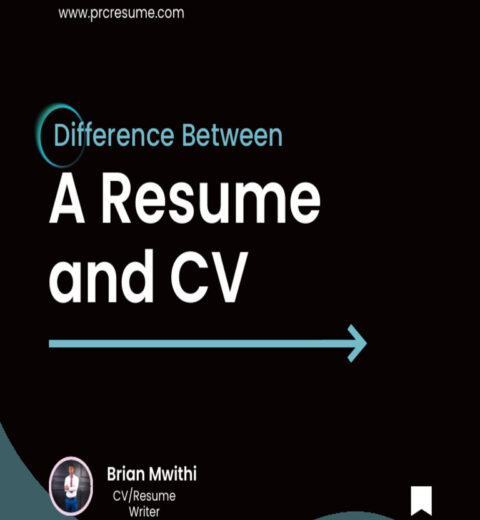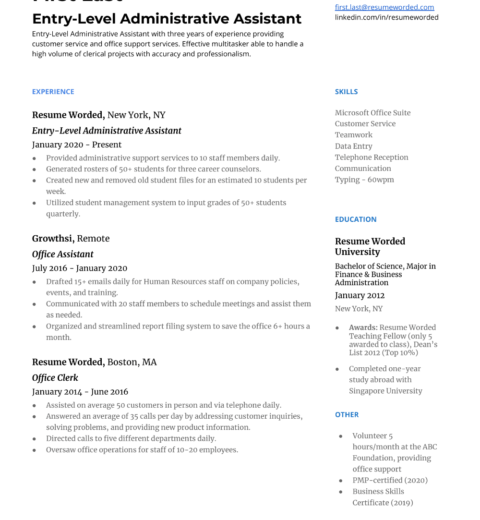When approaching the daunting task of crafting a resume, one of the most pressing questions for recent graduates or those with limited professional experience is whether to include their Grade Point Average (GPA). The decision can be nuanced, influenced by various factors including industry standards, individual experiences, and the stage of one’s career. This article delves into the considerations surrounding the inclusion of GPA on resumes, providing insights from experts to help guide candidates in making an informed decision.
Understanding the Context of GPA
The Grade Point Average serves as a quantitative measure of a student’s academic performance. Typically calculated on a scale of 0 to 4.0, the GPA reflects the average of final grades across all completed coursework. For recent graduates, it often represents a culmination of years of hard work, dedication, and intellectual engagement. However, as professionals progress in their careers, the significance of their GPA may wane compared to other, more substantive experiences.
When to Include Your GPA
In certain circumstances, showcasing a GPA can enhance a resume. Experts suggest that a high GPA—commonly defined as 3.5 and above—may bolster a candidate’s profile, particularly if they are competing for positions in industries that emphasize academic prowess such as finance, engineering, or academia. In these fields, employers might view a strong GPA as indicative of essential skills such as analytical thinking, work ethic, and perseverance.
Additionally, those engaging in internships or entry-level positions may benefit from including their GPA to stand out amidst a pool of candidates who may also have impressive academic records. In these scenarios, especially when experience is limited, a high GPA can serve as a strong differentiator.
When to Omit Your GPA
Conversely, many seasoned professionals and career coaches argue that, as individuals gain experience, the relevance of their GPA diminishes significantly. Including a GPA on a resume that features substantial professional achievements can lead to questions about the candidate’s judgment. For established professionals, a strong focus on skills, accomplishments, and relevant experience takes precedence over academic performance.
Moreover, if a GPA is low—usually below 3.0—this can be a point of embarrassment and potentially raise doubt in the eyes of recruiters. In such cases, it is generally advisable to omit the GPA altogether and concentrate on showcasing strengths through experience, skills, and specific accomplishments that highlight the candidate’s qualifications.
Industry Perspectives
The decision to include GPA also varies by industry. Take, for instance, the technology sector, where skills and practical experience often take precedence over academic records. Many tech companies prioritize proficiency in specific programming languages or technologies rather than the numerical value of a GPA. In contrast, firms in traditional fields such as consulting or finance may place greater emphasis on academic records, considering them indicative of a candidate’s analytical and quantitative abilities.
Similarly, in creative fields such as marketing, design, or the arts, a portfolio showcasing work and creativity is paramount. Here, a GPA becomes irrelevant, overshadowed by the candidate’s ability to demonstrate real-world skills and innovative thinking.
Alternatives to GPA
Letter of recommendation from professors or former employers can further substantiate the candidate’s skills and work ethic in lieu of GPA. Testimonials from these individuals can provide context to the candidate’s academic journey and professional aptitude in ways that numbers alone may fail to convey.
Conclusion
The strategic decision to include or exclude a GPA on a resume should consider multiple variables including academic performance, relevant experience, industry norms, and personal confidence in one’s achievements. For recent graduates with little experience, a high GPA can provide a competitive edge in some arenas. However, for those further along in their careers, it is often more advantageous to focus on accomplishments, experiences, and skills that resonate more profoundly with prospective employers.
Ultimately, candidates are encouraged to tailor their resumes thoughtfully, taking into account the nuances of their field of interest and the audience’s expectations. A balanced and well-rounded approach to showcasing qualifications will serve to enhance opportunities and facilitate career advancement, irrespective of academic performance metrics. Understanding when and how to emphasize one’s education, alongside a deeper exploration of professional experiences, will yield a more compelling narrative for potential employers.




